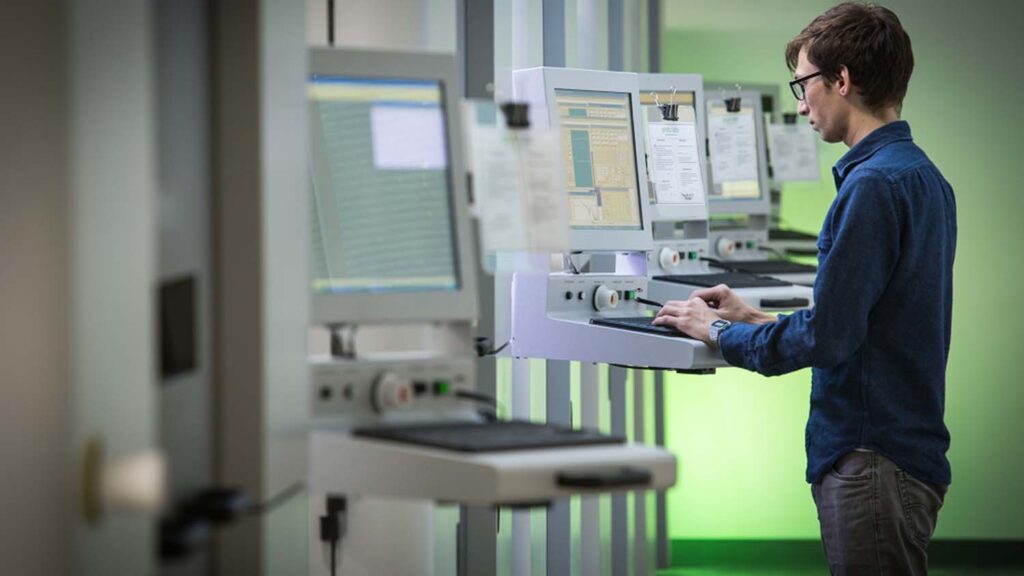Protolabs has announced its new automated vapour smoothing process, capable of enhancing the surface finish of 3D printed parts in order to reach a level closer to that of injection moulded parts.
The vapour smoothing technology is said to enhances even the most complex geometries and is currently available for Nylon PA-12 and elastic material TPU-01.
Vapour smoothing processes have been shown to also improve a part’s mechanical properties with increased elongation at break and impact strength, whilst the sealed and smoother surfaces can also be water or airtight and easier to clean.
Andrea Landoni, Protolabs EMEA’s 3D printing product manager, commented: “Whilst 3D printing allows an engineer to design and produce complex parts and is ideal for low production runs when compared to injection moulding, the surface finish of the latter is far smoother.
“Now, using vapour smoothing, we can bridge that gap for additive manufactured parts to smooth and seal even the smallest cavities on the surface.
“This allows parts in these materials to be used for a wider range of applications that demand a very fine smooth finish for aesthetic and functional reasons.”
Following production of the parts using selective laser sintering (SLS) or Multi Jet Fusion (MJF), the team at Protolabs transfer the parts into a smoothing chamber which heats them and introduces a finishing agent.
Under controlled conditions, this agent evaporates and the vapour spreads across all surfaces of the part. This causes them to melt, liquify and redistribute material to even out any peaks and troughs and seal cavities.
Being automated, the finishing process can be used for far more geometries than a manual smoothing process, which can be limited due to reaching difficult to access areas.
Landoni concluded: “This new service forms only part of the complete Protolabs offering. We manage the entire process, from initial upload of a customer’s CAD to the shipping of finished parts.”
Protolabs adds that it is currently testing the process for more of its additive manufacturing production materials.






